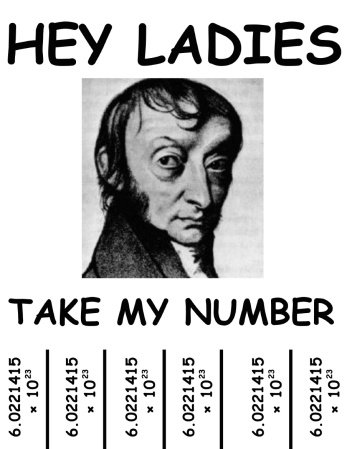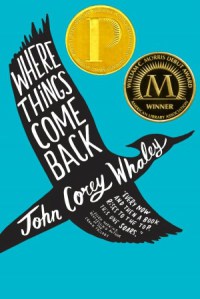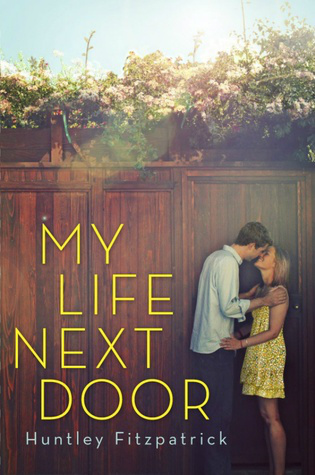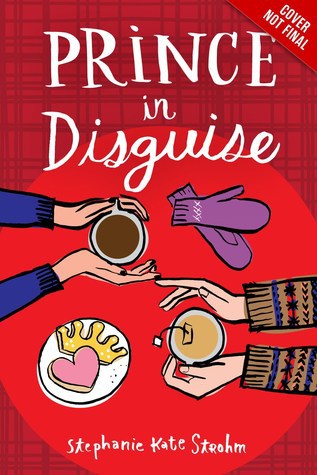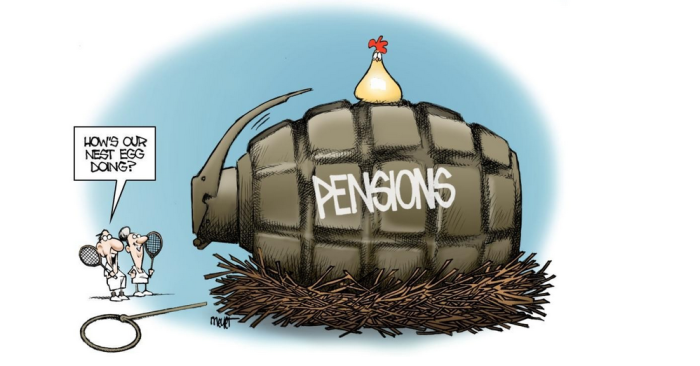American poet Dobby Gibson (featured in blog posts on previous 2 days) took time during his New Year to give us the low-down on what poetry book inspires him to write poetry. Also, a personal note on how the writing of his next book is progressing….
Question: What are you reading now?
Bookjacket
Dobby Gibson: The book I’m reading now is a 2017 book I’m rereading for probably the tenth time already. It’s called “There Are More Beautiful Things Than Beyoncé” by the American poet Morgan Parker.
This book is a total delight. Parker combines the unpredictable swervy-ness of a New York School-style of poetry with a wit, urgency and voice that is contemporary and completely her own. It was the most exciting book of poems I read in 2017. It’s a book that makes me want to write poems (the best kind!).
(Morgan Parker – This was a new name to me, who is she? I found a great interview with her and some poems here at the Poetry Foundation, and at her website.)
Question: What are you writing?
DG: My current writing project involves finishing up my own new book, titled “Little Glass Planet,” which Graywolf Press will publish around this time next year. I have just a few months left to write a new poem or two to fit into the collection. In the past, I’ve written some of my favorite poems in this “last minute” time period, just before I’m forced to let go of a manuscript to my editor. So I’m trying to be intentional about sitting down to write. The pressure and constrictions of a deadline can be just as beneficial to my writing as the pressure and construction of form. Sometimes dwindling options becomes a surprisingly productive! [time]
Creative Takeaways (ideas for our own makings)- Motivation for creating: Find someone involved in your own art field who absolutely knocks your socks off. Whose work is so exciting, unexpected or which opens up new unexplored regions in form. This renews your motivation to sit down and write, as Dobby says. (UK poet Simon Armitage also says the same: “All my inspiration and drive and desire to write poems comes from the work of other people… other people’s poetry excites me so much, I want to try my own hand at it.”)
- Who are your influences and whose work is way out front of you in the arts which influence you? Try writing a list. In her book, Morgan Parker is able to name them in acknowledgements: “finally, I bow to my muses: John Coltrane, Carrie Mae Weems, Billie Holliday, Nelly, Drake, Peanut Butter Wolf, W B Yeats, Fania All Stars, Digable Planets, Lou Reed, Miles Davis, Barack and Michelle Obama, Jay Z and, of course, Beyonce Knowles-Carter.” I notice the breadth of her references, I think breadth gives depth to writing. Useful to have your own written list in hand for future acknowledgements… and to have as a list for when motivation needs helped (see previous point, above.)
- To find your real questions, thoughts and starting points for new artworks – have a look at your Twitter feed… Morgan Parker said in an interview: “I love Twitter. It’s like a place where I tell jokes to myself, which is exactly how I think about writing poems. Maybe this is something I shouldn’t broadcast, but a lot of my poems and essays start as tweets; they start with observations, jokes, questions. Sometimes, I’ll say something to a friend or tweet something that I later realize could be delved into more. It’s like Twitter is my public notebook, a strange map of what I’m watching, considering, laughing about.” As you look at your own Twitter feed, ask yourself if it’s your notebook? Frisk it for ideas and words.

